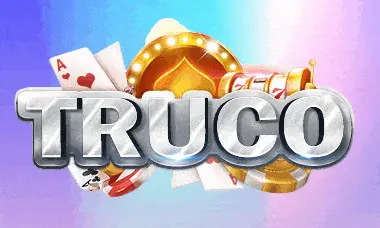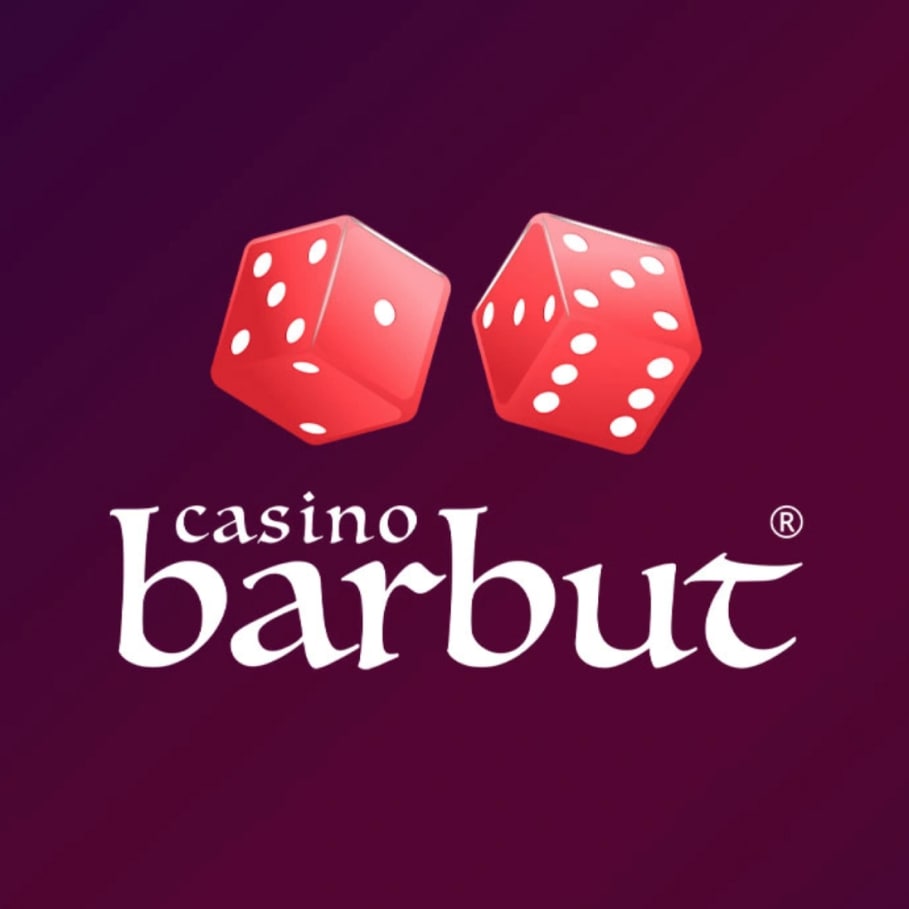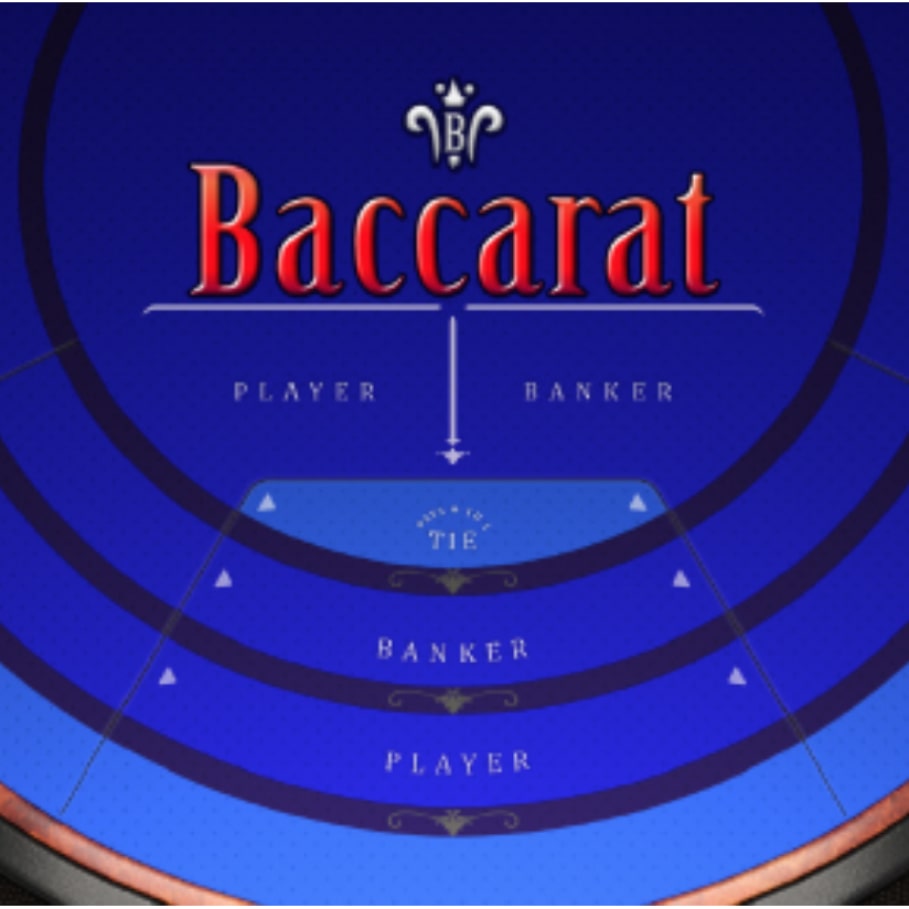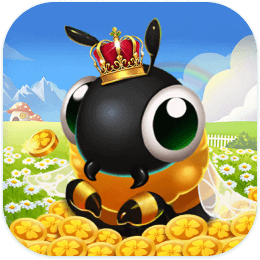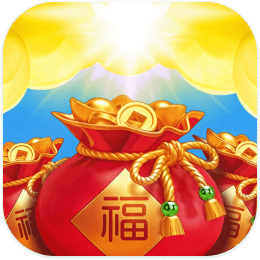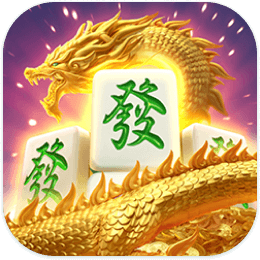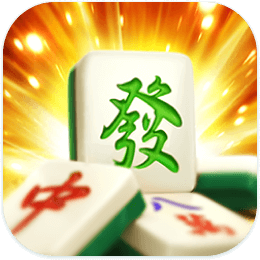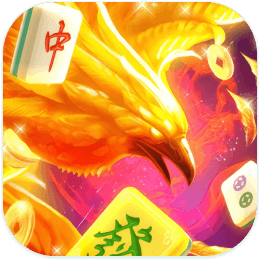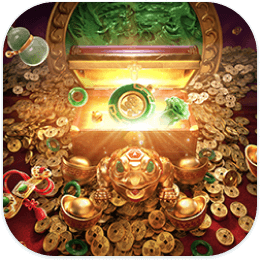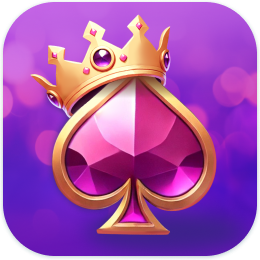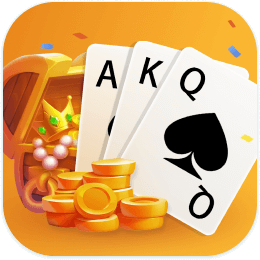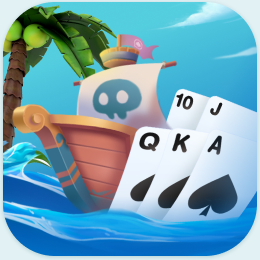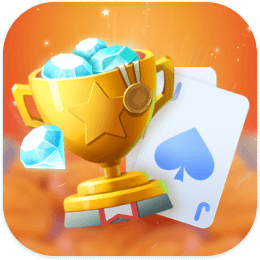Poker Book Reviews - Annie Duke: How I Raised Folded Bluffed Flirted Cursed and Won Millions By Annie Duke and David Diamond
The Poker Forum is a poker information source for poker players. Information on Texas Hold’em, Tournaments , Online Poker, Poker Theory, Poker Strategy, WSOP, Poker rooms
| |
BOOK REVIEW | |:-:| | \| Title: Annie Duke: How I Raised, Folded, Bluffed, Flirted, Cursed, and Won MillionsAuthor:Annie Duke and David DiamondPublisher: Hudson Street PressPrice: US $24.95Pages:260Book Review by:Nick Christenson \|  \| | |—| |
\| | |—| |
REVIEW Annie Duke is a very successful high-limit cash game and tournament poker player who has been catapulted into the limelight due to her appeal and successes in televised poker tournaments. What series of events guided her to become a professional poker player? We can find out in her self-titled autobiography, Annie Duke. Duke interweaves three narratives in her book. First, the book is the story of her life up until the time of publication. Second, the book includes her thoughts about the situations she faced while winning her first World Series of Poker bracelet in the 2004 $2000 Omaha High-Low event, as well as a commentary on her path to winning ESPN’s televised 2004 Tournament of Champions. Occasionally interspersed between these two story lines are a few asides, labeled “TIP”, which provide the reader with some strategic poker advice. Dealing with the tips first, in aggregate the book doesn’t provide all that much in terms of poker strategy. I believe the lessons Duke provides are generally good, but they’re well known to even the most casual reader of poker books. Typically they serve as punctuation to some sort of life lesson, although occasionally they seem to run almost exactly contrary to the text that leads into them. In the tournament commentary section, Duke describes what’s going on inside her head as she makes her way through the World Series event that she won. From a psychological standpoint it’s interesting to find out something about her motivations and strategic considerations. From a strategic standpoint I found these sections to be disappointing. For one thing, rarely is there enough information to really understand the context in which she made the decisions that she did. As a consequence it’s hard to learn very much from her experience. Another thing that bothered me is that many of these descriptions contain simple poker mistakes, such as a miscalculation on the number of outs. Admittedly, it isn’t always easy to perform these calculations, especially in Omaha8, but I find it difficult to believe that a player of Duke’s caliber would make this sorts of mistakes. My opinion is that the autobiographical sections are the best parts of this book. Duke’s recollections about her life are detailed and amazingly candid. She really opens up about her feelings and many of the troubles she faced as she navigated the twists and turns that have made up the road that is her life. I have to say, though, that the overwhelming feeling I’m left with is one of bewilderment. I think Duke would agree that a lot of the situations she faced in her life could reasonably be called bizarre. However, there’s very little in the way of explanation or resolution for what lies behind choices she has made. After finishing the book I think I know quite a bit more about the details of her life, but if anything I am less clear on the things that motivate her. There are other aspects of the book that don’t make a lot of sense to me. In some places Duke is rather critical of specific people in a way that seems gratuitous. In some instances these people are named and sometimes they remain anonymous in the book, although everyone deeply involved in poker knows exactly to whom Duke is referring. Calling these people out in the manner that she did doesn’t seem to advance either her interests or her narrative, so I have to wonder why this is done. In one case she states that she’s rather upset at a certain person who treated her inappropriately. Frankly, I think that she has good cause to feel the way she does, but I’m not sure why one would spend so much time on this issue and not name her detractor. In another case, she doesn’t name but alludes to a poker “fish” from whom her brother has profited in such a specific fashion that she may as well have used his name. I really don’t understand her choices in these and other cases. The fans of Annie Duke the poker player who are eager to learn more about the background of this remarkable person will probably learn a great deal from this book, although I won’t guarantee that they’ll gain in understanding. I would expect that only the most novice poker players would increase their strategic understanding of the game from her descriptions of the hands she played, and from the tips she provides in the text. Someone who is interested in the biographical details of Duke’s life will find this book worthwhile. I expect that readers without this specific interest will probably find their time and money better spent on other sources. Capsule:Annie Duke is an autobiographical look at a remarkable poker player who is very popular on the televised tournament trail. Her book is unlikely to interest those looking for strategic poker information, despite the inclusion of narratives of her two most famous poker tournament wins. Frankly, I found this book to be more baffling than anything else. After reading it I know more about the facts of her life, but I can’t say I understand what really motivates her. Duke’s fans will probably find this book interesting, but beyond this I believe that there’s not much more to recommend it. Nick ChristensonGambling Book Reviews | |
|—|
Annie Duke is a very successful high-limit cash game and tournament poker player who has been catapulted into the limelight due to her appeal and successes in televised poker tournaments. What series of events guided her to become a professional poker player? We can find out in her self-titled autobiography, Annie Duke.
Duke interweaves three narratives in her book. First, the book is the story of her life up until the time of publication. Second, the book includes her thoughts about the situations she faced while winning her first World Series of Poker bracelet in the 2004 $2000 Omaha High-Low event, as well as a commentary on her path to winning ESPN’s televised 2004 Tournament of Champions. Occasionally interspersed between these two story lines are a few asides, labeled “TIP”, which provide the reader with some strategic poker advice.
Dealing with the tips first, in aggregate the book doesn’t provide all that much in terms of poker strategy. I believe the lessons Duke provides are generally good, but they’re well known to even the most casual reader of poker books. Typically they serve as punctuation to some sort of life lesson, although occasionally they seem to run almost exactly contrary to the text that leads into them.
In the tournament commentary section, Duke describes what’s going on inside her head as she makes her way through the World Series event that she won. From a psychological standpoint it’s interesting to find out something about her motivations and strategic considerations. From a strategic standpoint I found these sections to be disappointing. For one thing, rarely is there enough information to really understand the context in which she made the decisions that she did. As a consequence it’s hard to learn very much from her experience. Another thing that bothered me is that many of these descriptions contain simple poker mistakes, such as a miscalculation on the number of outs. Admittedly, it isn’t always easy to perform these calculations, especially in Omaha8, but I find it difficult to believe that a player of Duke’s caliber would make this sorts of mistakes.
My opinion is that the autobiographical sections are the best parts of this book. Duke’s recollections about her life are detailed and amazingly candid. She really opens up about her feelings and many of the troubles she faced as she navigated the twists and turns that have made up the road that is her life. I have to say, though, that the overwhelming feeling I’m left with is one of bewilderment. I think Duke would agree that a lot of the situations she faced in her life could reasonably be called bizarre. However, there’s very little in the way of explanation or resolution for what lies behind choices she has made. After finishing the book I think I know quite a bit more about the details of her life, but if anything I am less clear on the things that motivate her.
There are other aspects of the book that don’t make a lot of sense to me. In some places Duke is rather critical of specific people in a way that seems gratuitous. In some instances these people are named and sometimes they remain anonymous in the book, although everyone deeply involved in poker knows exactly to whom Duke is referring. Calling these people out in the manner that she did doesn’t seem to advance either her interests or her narrative, so I have to wonder why this is done. In one case she states that she’s rather upset at a certain person who treated her inappropriately. Frankly, I think that she has good cause to feel the way she does, but I’m not sure why one would spend so much time on this issue and not name her detractor. In another case, she doesn’t name but alludes to a poker “fish” from whom her brother has profited in such a specific fashion that she may as well have used his name. I really don’t understand her choices in these and other cases.
The fans of Annie Duke the poker player who are eager to learn more about the background of this remarkable person will probably learn a great deal from this book, although I won’t guarantee that they’ll gain in understanding. I would expect that only the most novice poker players would increase their strategic understanding of the game from her descriptions of the hands she played, and from the tips she provides in the text. Someone who is interested in the biographical details of Duke’s life will find this book worthwhile. I expect that readers without this specific interest will probably find their time and money better spent on other sources.
Capsule:Annie Duke is an autobiographical look at a remarkable poker player who is very popular on the televised tournament trail. Her book is unlikely to interest those looking for strategic poker information, despite the inclusion of narratives of her two most famous poker tournament wins. Frankly, I found this book to be more baffling than anything else. After reading it I know more about the facts of her life, but I can’t say I understand what really motivates her. Duke’s fans will probably find this book interesting, but beyond this I believe that there’s not much more to recommend it.
Nick ChristensonGambling Book Reviews
| | Submit your book review at: [email protected] Give your comments of this book review on the | |—| |
|---|
FAQ
How to win at tournament poker?
The best approach is to play a tight range of strong and/or playable hands, and you need to play those hands aggressively. Playing all of your hands aggressively, including the more speculative ones like 7♠ 6♠ or 5♥ 5♣, allows you to disguise the strength of your actual hand.
How to win against fish poker?
By attempting to bluff them off of their hand you will simply lose much more money than you should have and also manage to tilt yourself even more! The correct and most profitable strategy versus the fish who doesn’t fold anything is to value bet the living crap out of them. And then value bet them some more!
What is the origin of the name Roulette?
What is the origin of the name Roulette? The origin of the name “roulette” is French and it means “little wheel”. The name is derived from the fact that the game is played on a small wheel that spins around, with players betting on where the ball will land. The word “roulette” was first used in its current context in the 18th century, although the game itself dates back much earlier.
How to beat fish poker?
Try building the pot up over three streets but you want the fish to think “he’s trying to steal the pot/bluffing” vs “he has the nuts.” Also recognize common betting patterns your players have. They’re likely calling any Ax - ace rag. If they hit the ace then they’re going to be sticky so don’t bluff these people.10 thg 6, 2020
When and why was the double zero added to the American roulette wheel?
When and why was the double zero added to the American roulette wheel? The double zero was added to the American roulette wheel in the mid-19th century. The exact year is not clear, but it is believed to have been added around the 1860s. The reason for its addition was to increase the house edge, making the game more profitable for the casino. At the time, gambling was not regulated in the United States, and casinos were free to set their own rules and payouts.
Where is WPT World Championship 2024?
Where is WPT 2024? The 2024 WPT World Championship will take place at Wynn Las Vegas. A complete schedule for the festival will be finalized and announced in the coming months. For the latest updates on this event and all other World Poker Tour happenings, visit WPT.com. To learn more about the venue, check out WynnLasVegas.com.
FishPoker – 集各種玩法於一身全新撲克平台! 這裡有多種經典和刺激的遊戲種類:NLH、Flash、SpinUp、AoF 以及PLO,不僅如此,還提供大菠蘿和十三張等遊戲模式。
This site only collects related articles. Viewing the original, please copy and open the following link:Poker Book Reviews - Annie Duke: How I Raised Folded Bluffed Flirted Cursed and Won Millions By Annie Duke and David Diamond

